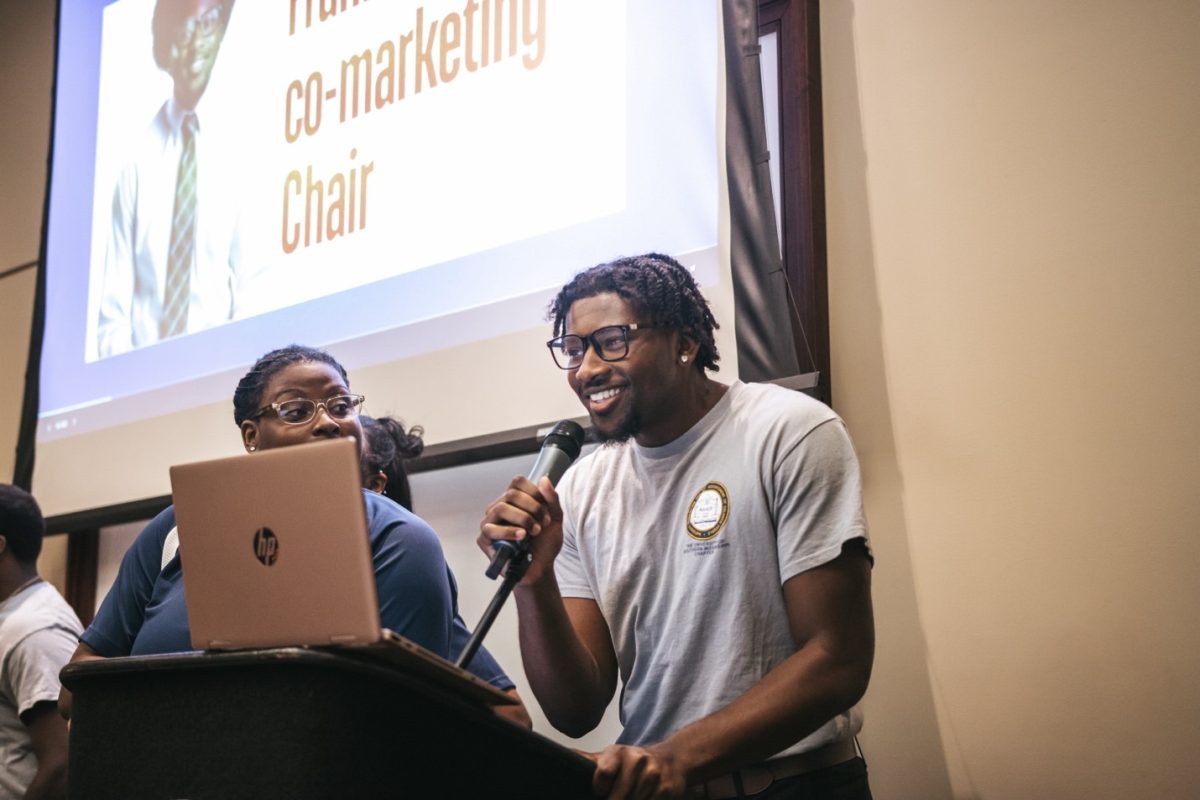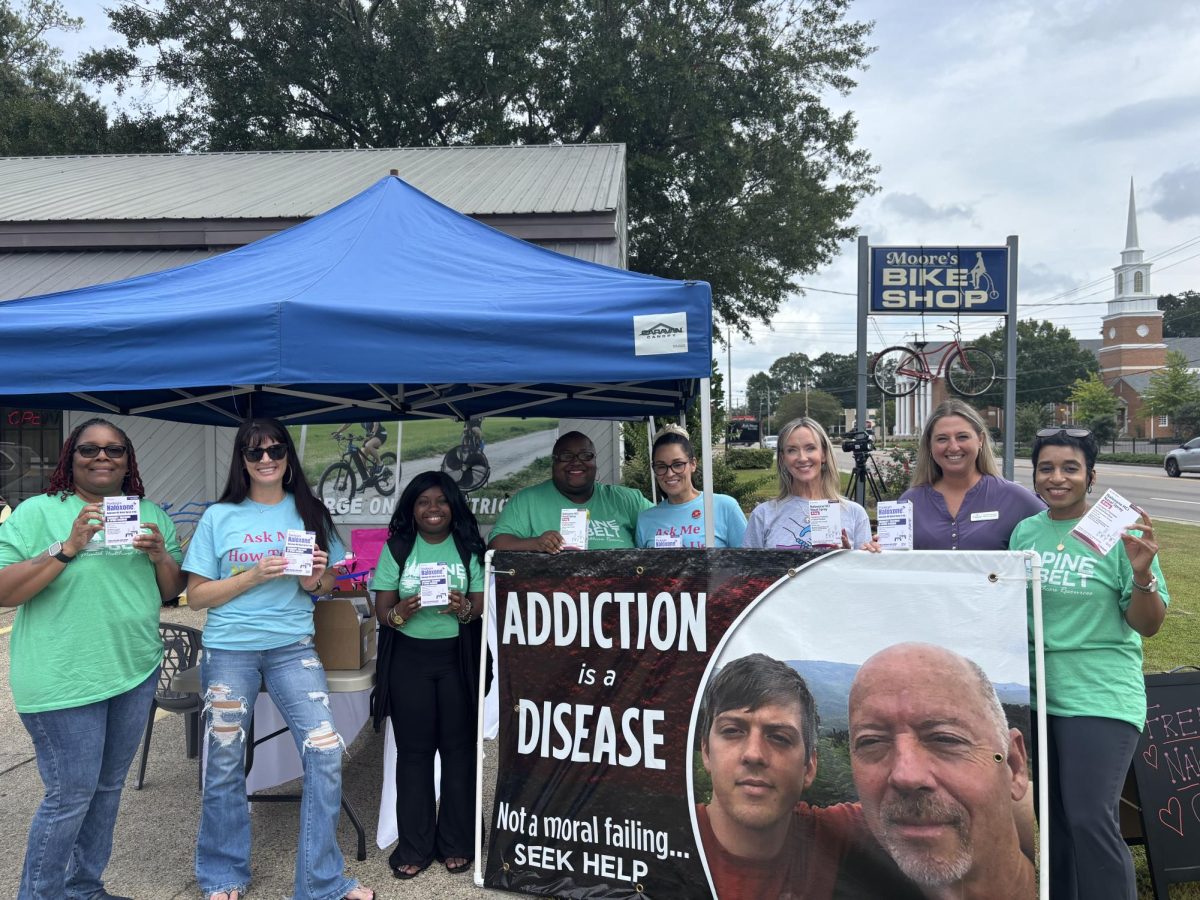According to Johns Hopkins Medicine, endometriosis is a common gynecological condition that affects an estimated 2-10 percent of American women. Despite its prevalence, it cannot be diagnosed easily – especially by clinics like USM’s Moffitt Health Center. March marked endometriosis awareness month.
“[Endometriosis is] an issue that we would refer out for proper diagnosis and would not have accurate numbers on,” said Jodi Ryder, Health Education Promotion and Wellness Coordinator.
The disease is characterized by the appearance of endometrial tissue outside of the uterus in some women. This tissue responds to monthly hormonal changes and builds up and breaks down just as the endometrium does, which often results in inflammation, swelling and scarring of normal tissue. The disease causes debilitating pain and finding treatment can be difficult –facts of which former Southern Miss student Anna Truitt Bush is well aware.
Bush struggled with the disease through high school and college. Even though she describes that time in her life as “difficult,” she was able to manage her endometriosis with the help of the birth control Ortho Evra Derma-Patch, which kept her pain at a minimum and kept the endometriosis from spreading unchecked.
Then in 2007, the unthinkable happened after her insurance called her one afternoon.
“My insurance company decided that my current birth control was no longer a ‘preferred method treatment,’ so they quit covering it,” said Bush. “With it not covered, I couldn’t afford it and decided to chance it.”
Bush tried several other birth controls, but none worked. She ended up with severe cysts that resulted in prolonged hospital stays in 2009.
“I don’t have to elaborate on what that can do to grades,” she said. “I decided to take a break in 2009, which is when I should have graduated. I didn’t have insurance through my parents now that I was not a full time student. That’s when my endometriosis really ran unchecked and got out of control, leading me to my first surgery in 2011.”
Even though she never graduated, Bush looks back on her college experience with fond memories enveloped in painful ones.
“I loved being involved on campus, in my sorority, and I fell in love with the Hattiesburg community while at Southern Miss,” she said. “Day-to-day life those last couple of years was difficult, as I have hormone triggered migraines as well as ‘cramps’ that can knock the life out of me. I’m sure I came off as flaky, unpredictable [and] unreliable, and I hate that.”
Bush sought an alternative treatment at the Center for Endometriosis Care in Atlanta, where she had excision surgery. As someone who had also experienced the ablation surgery offered by standard OB-GYN practices, Bush called the decision to have excision surgery the “best thing” she ever did. The chance of having growths and adhesions return after excision surgery falls to under five percent. In comparison, patients have a sixty to eighty percent chance of growths and adhesions coming back after ablation surgery.
“I don’t hurt every day. I may have saved bits and pieces of my fertility. I can hold a full time job, dependably,” Bush said.
Bush has advice for any woman that knows they have endometriosis or thinks they might have it.
“Contact the CEC or an excision specialist,” she said. “Do your own research. If a doctor tells you it’s in your head or there’s nothing more he can do, find a new doctor. Educate yourself. Advocate for yourself. Women’s health does not come easily in Mississippi, and that will never change unless we are loud about it.”






























